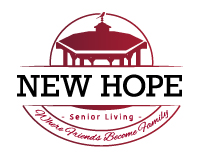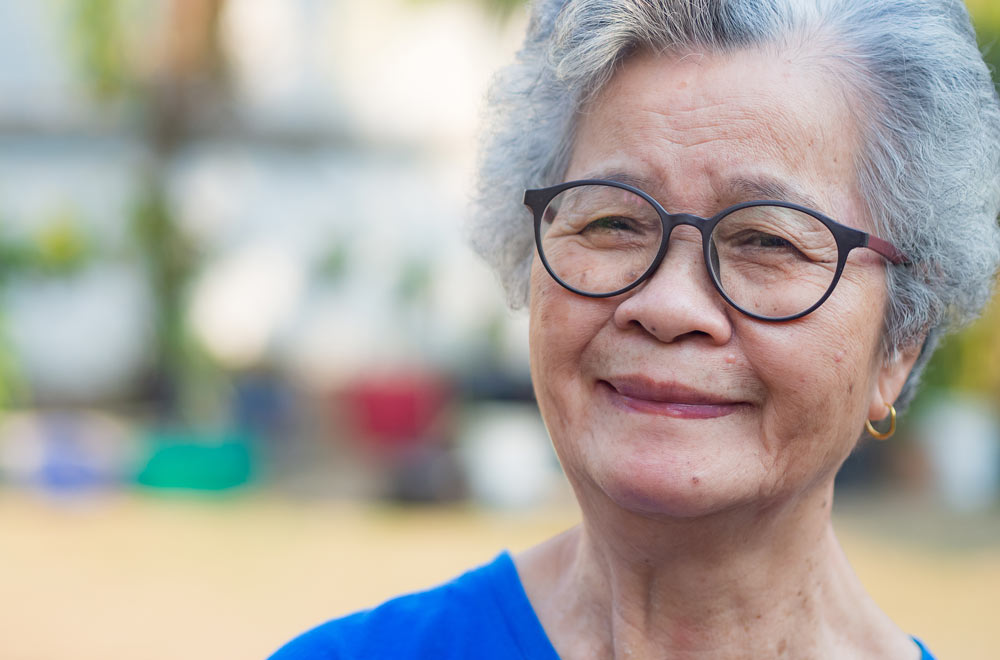Our parents or elderly relatives are the people who once nurtured us, and when the roles are reversed and senior care is needed, adult children and family caregivers want to do right by their loved one. But being responsible for an aging relative’s wellbeing can be daunting.
If you’re battling through each day feeling overwhelmed and underprepared, rest assured that it doesn’t have to stay this way. Start by taking a look at these key areas to get a better idea of your loved one’s specific needs (and how to best meet them).
Activities of Daily Living
The phrase ‘activities of daily living’ (or ADLs) refers to all the things a senior must be able to do effectively to maintain their physical and emotional health. ADLs can be further split into basic activities of daily living (BADLs) and instrumental activities of daily living (IADLs).
Where BADLs include the skills needed to meet basic physical needs, IADLs are more complex, including tasks that allow a senior to live both independently and within a community.
Some examples of BADLs are:
- The ability to move around the home without assistance.
- The ability to physically eat food independently.
- The ability to control their bladder and bowels and use the toilet successfully.
- The ability to maintain personal hygiene with bathing, skin, hair and nail care.
Some examples of IADLs are:
- The ability to manage financial assets and pay bills.
- The ability to care for their home with cleaning and maintenance.
- The ability to communicate with others through a variety of mediums.
- The ability to manage their own medications.
Closely assessing and taking notes on your loved one’s ADL competence should help you paint a better picture of the level of senior care they need and, in turn, which elder care option will be most beneficial.
Home Accessibility
A decline in physical mobility is common amongst aging seniors, and if your parent or loved one is starting to experience mobility issues, it might affect their ability to live independently. Aside from mobility being an ADL in itself, it can also have a direct impact on other important ADLs like bathing, eating and using the bathroom.
Consider whether there are any modifications to your loved one’s home that could allow them to function better. Adjusting your relative’s living space needn’t always be overly expensive, either. Some commonly used home modifications include:
- Replacing knobs on cabinets with easier-to-grip pull bars
- Installing grab bars in high-risk areas like the bathroom
- Removing tripping hazards like rugs and clutter
- Adding rubber grips to faucets
- Installing brighter lighting
Medical Needs
Your loved one’s acute or chronic medical conditions may narrow down your options when it comes to finding the appropriate elder care. For example, if a senior has highly complex medical needs and requires round the clock supervision from a registered nurse, a 24-hour nursing care home might be the obvious option.
On the other hand, if your parent takes a few daily medications, but is mainly struggling with ADLs like using the bathroom and taking a shower, moving in with family or choosing a residential assisted living community might be more appropriate.
Finances
When caring for a senior loved one, there are likely going to be some important financial decisions to make, but there is support available to help you figure out the right course of action. With benefits and programs available to help with things like prescriptions, transportation and nutrition, it’s well worth exploring what your loved one is entitled to.
Depending on your unique situation, it might be your senior parent or loved one who is eligible for extra support (for example if they are a veteran), or you as the caregiver (if your aging parent is a dependent). You can find out more about the range of benefits available by visiting https://www.benefits.gov.
Coping With Senior Care as A Caregiver
Providing elder care for a parent or loved one is a dynamic process, and your relative’s needs will likely shift and evolve over time. Things like declining mobility and acute health events can change a senior’s care needs, and these changing circumstances should never place unmanageable stress or isolation on a family caregiver.
Caregiver support is always out there. This could be something as simple as reaching out to siblings, family members or friends, or you might wish to join a caregiver support group in your community or online. But it’s also important to note that sometimes, having someone to talk to isn’t enough.
If the practical challenges of caregiving are becoming too much to cope with alone, seeking out a suitable residential assisted living community could be the most positive course of action for both you and your senior parent or relative.
What’s more, when a senior joins a residential assisted living community, so do their family caregivers. At New Hope Senior Living residential assisted living, our home serves as an excellent support network for families, providing a space for caregivers to express their concerns and build friendships with others who understand their concerns and experiences.
If you’re considering residential assisted living care in Hendersonville for your loved one, contact us today! We’re happy to answer your questions and will gladly arrange a personalized tour of our community.

